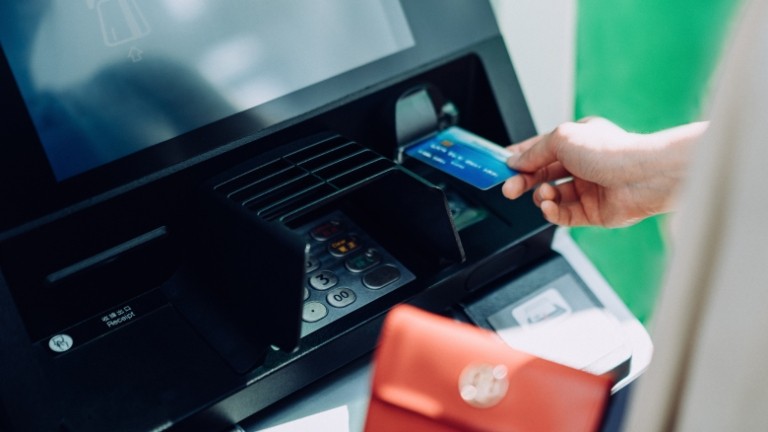Identity theft? Here's what to do
Identity theft can happen to anyone. The Federal Trade Commission received more than a million complaints of identity theft in 2023 alone. That’s a lot of “anyones.”
And that’s why it is important to review your credit card bills and bank statements every month to ensure they accurately reflect the purchases you made. It’s also wise to scan your credit report for any suspicious activity.
If you discover evidence of identity theft, don’t panic. It will take some work, but you can reclaim your identity and clear your good name. All you need is a recovery plan. Take a few deep breaths and follow the steps below.
STEP 1: Get prepared.
Recovering from identity theft can be a long road, but there are a few things you can do to make the process much easier. Before you get started, review these important guidelines:
Track all phone calls. Record the date of each call you make, along with the names and phone numbers of everyone you contact. Plan out your questions in advance and write down the answers you receive.
Use certified mail. Anytime you need to send documents by mail, use certified mail and ask for a return receipt. That way you have proof that the letter was sent.
Keep copies of everything. Create a filing system to keep all of your documents organized and in one place. Keep all original documents as well as copies of your ID handy.
Make a timeline. Write down any important dates you need to remember, such as deadlines for filing requests or following up with companies you’ve contacted.
STEP 2: Place a fraud alert.
A fraud alert lets the three main credit reporting agencies know you’re the victim of identity theft. When there’s an alert on your credit report, businesses must verify your identity before issuing credit in your name. This makes it harder for the identity thief to do any more damage. Contact any of the three credit reporting agencies — Experian, Equifax or TransUnion — to initiate a fraud alert. You’ll also want to:
Mark your calendar; the alert will stay in effect for 90 days.
Make sure the credit reporting agencies have your current contact information.
Request a free copy of your credit report from each agency.
Place a temporary credit freeze on your file to prevent new accounts from being opened.
Dispute any errors you find on your credit report.
STEP 3: Contact the FTC.
Before you can start resolving the problems that identity theft has caused, you’ll need some evidence that it happened. An identity theft report proves to businesses that your identity has been stolen. It also guarantees you certain rights throughout the process. Get your report started by contacting the Federal Trade Commission (FTC), which will provide:
An identity theft affidavit, which you’ll need to give to the police.
A step-by-step recovery plan based on your situation.
STEP 4: File a police report.
Many creditors require you to file a report with your local police department before they’ll close fraudulent accounts and repair the damage to your credit. Together with your FTC affidavit, the police report constitutes your identity theft report — and it will become a vital document as you work with your creditors to clear your name. Make sure to:
List all financial accounts that have been compromised or opened in your name.
Keep a copy of the police report for your files.
STEP 5: Notify your creditors.
Now start contacting each of the creditors on your list to let them know someone has stolen your identity. This includes the financial institution you bank with as well as your credit card companies and any other lenders involved. You’ll need to:
Dispute each fraudulent charge.
Close all fraudulent accounts opened in your name.
Request copies of any documents the identity thief used to open a new account or make charges in your name.
Ask each business to send you a letter confirming what actions were taken.
STEP 6: Reach out to other parties.
Contact all retailers and any other businesses where the thief opened an account, made fraudulent charges or even applied for a job in your name. Certain types of identity theft may also need to be reported to other agencies. For example:
If the identity theft was from a nursing home or long-term care facility, report it to your state’s long-term care ombudsman.
If you’re the victim of medical identity theft, contact your health insurance company’s fraud department.
If your tax identity has been stolen, file a report with the IRS and your state’s revenue department.
Recovering from identity theft takes time, but with preparation, determination and grit, you can eventually clear your name and repair the damage to your credit. Just remember: You’re not alone. As your financial partner, OCCU will be there to help you every step of the way.


